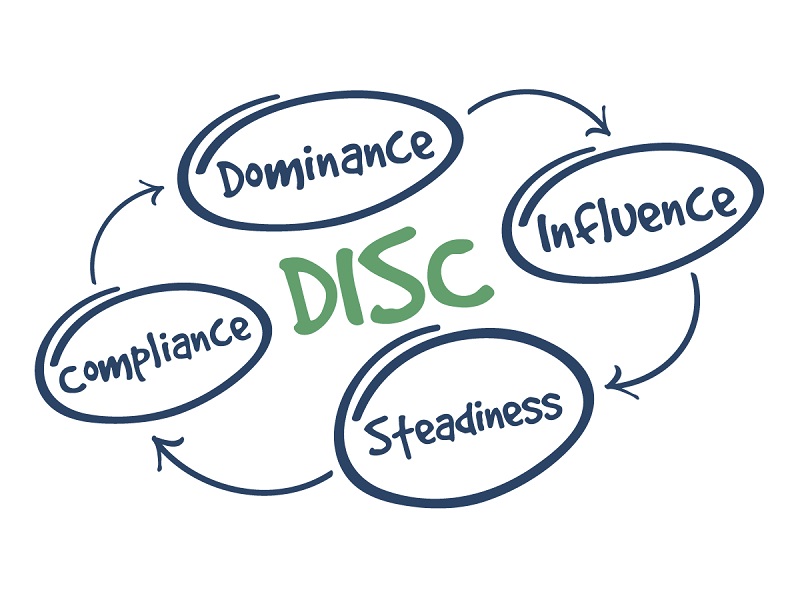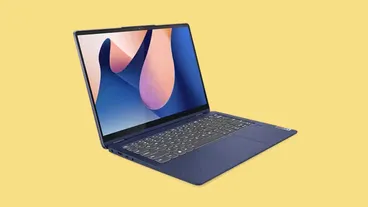How the Lumina Personality Test Compares with the DISC Personality Survey
In the personal and professional development domains, understanding personality traits and patterns of behavior becomes the cornerstone for proper communication, cooperation, and self-development. The Lumina Personality Test and the DISC Personality Survey have been well-recognized tools for personality insight. Each of these instruments brings a somewhat different perspective to personality traits and how those traits impact relationships and performance. This article will review both assessments, discussing their characteristics, strengths, and uses to help you understand just how they can be used for your personal and organizational benefit.
What is the Lumina Personality Test?
The Lumina Personality Test is a modern psychometric test devised in order to offer an in-depth insight into the personality features and behaviors of individuals. The creators, Lumina Learning, have described this test as one intended to heighten self-awareness and provide a better interpersonal relationship through the detailed profile it provides. Unlike traditional assessments, which usually offer binary results, the Lumina Personality Test investigates individuals along multiple dimensions.
The Lumina Personality Framework
The Lumina Personality Test assesses personality across several dimensions of:
Primary Traits: These form the very basic constituents of personality in an individual, manifested in the way one acts, interacts with others, and makes decisions in daily life. Such traits are assessed by Lumina to gain insight into how individuals go about doing things, relating to others, and making decisions.
Underlying Traits: These are traits that run deeper in the personality structure—traits that perhaps do not reveal themselves directly, yet bear power in behavior and interaction. That is, the understanding of such traits is crucial to elicit underlying motivations and preferences.
Pace and Energy: This is, equally importantly, an assessment of how the individual controls their energy levels and work tempo. It provides enormous insight into their task management, their handling of stress, and how they will interact in varied environments.
Lumina Personality Test Advantages
Increased Self-Awareness: The Lumina personality test provides a detailed profile of personality traits, thus helping individuals understand their strengths and development areas and the inter-relationships. Full self-awareness is always valuable for personal and professional growth.
Improved Communications: Understanding the areas of personality will enable individuals to adapt their style of communication more to the preferences of other people. Such adaptation brings greater efficiency and depth in communication.
Team Dynamics: It provides ample information about the personality profile of each member in the teams for better role assignments, improvement in collaboration, and efficient conflict resolution.
Personal Growth: The test creates a well-rounded view of your traits in recommending areas for improvement and ways to grow.
What is the DISC Personality Survey?
The personality test of DISC evaluates a profile of four primary dimensions, representing normal personality traits: Dominance, Influence, Steadiness, and Conscientiousness. Invented in the 1920s by psychologist William Moulton Marston, the DISC model is today used to help people understand how their personality influences their behavior as well as their interactions. Therefore, it is particularly useful to help any kind of team work more efficiently.
The DISC Personality Framework
Dominance: High-scoring individuals in Dominance are found to be assertive, goal-directed, and outstanding in competitive environments. They are seen as leadership-oriented people who meet objectives head-on and surmount difficulties.
Influence: People scoring high on Influence are found to be highly social and animated. They handle social relationships quite well. They need recognition and applause for themselves, and they work quite well when the purpose involves a lot of collaboration and persuasion.
Steadiness (S): High-scoring Steadiness individuals are characterized as dependable, patient, and a good listeners. They maintain steadiness and perform well in supportive positions that call for sympathetic and tactful interaction.
Conscientiousness (C): The highly conscientious individual is described as analytical, methodical, and exacting. The emphasis is on quality and accuracy. They tend to perform well in tasks that require careful thinking and a great deal of attention to details.
Benefits of the DISC Personality Survey
Better communication: Understanding the various profiles of DISC helps one in tailoring their style of communication to these different personalities, hence ensuring better communication.
Better teamwork: Identifying the kind of team member one would be dealing with, based on the DISC profile in a team, allows leaders to assign certain responsibilities and roles that would most likely be executed effectively by the team members, hence boosting teamwork.
Personal Growth: The DISC Test indeed gives a real and useful insight into the personal behavior and style of communication for personal growth to take place and help the individual capitalize on those strengths to the fullest.
Conflict Resolution: Knowledge of the DISC profiles of the team members helps a manager in conflict issues and their resolution by identification of personality differences that are at the roots of the conflict.
Contrasting Lumina Personality Test and DISC Personality Survey
Whereas both the Lumina Personality Test and the DISC Personality Survey bring considerable insight into personality traits and behaviors, they work quite differently in their methods and the depth of information they are able to provide.
Depth and Detail
Lumina Personality Test: It gives very deep insight into personality traits, starting from the leading to the underlying trait, and pace or energy dimensions. Such a detailed profile will, therefore, cover all aspects of an individual’s behavior and interactions.
The Disc Personality Test: Such a test centers on four significant basic personality dimensions. It seems to carry a great deal of depth on the behaviors and communication styles; of course, this may not be as extensive compared to the Lumina Personality Test.
1. Application and Usage
Lumina Personality Test: The test is most useful in aspects of detailed personal development, teambuilding approaches, and improving communication skills. The complicated profiles it gives make sure the deeper understanding of complex interactions of personalities and adaptation of methods differing in development.
DISC Personality Survey: It is the best instrument for developing good communication and teamwork, as well as dealing with the management of conflicting situations. It is simple and direct at the same time, which allows one to easily grasp certain insights into personality and apply them in actual life in various situations.
2. Adaptability and Personalization
Lumina Personality Test: The Lumina personality test demonstrates a highly adaptive and personalized approach toward the assessment of personality that can go into the depth of characteristics and preferences of individuals.
DISC Personality Survey: This is a consistent tool in which application and understanding are pretty straightforward; thus, many situations can be addressed with this type of tool.
Integrating Lumina and DISC for Holistic Understanding
Integrating these insights from the Lumina Personality Test and the DISC Personality Survey will be important in striving towards more completeness of personality and behavioral understanding. While Lumina offers complex profiles and in-depth views on one’s traits, DISC offers a practical framework for interpretation and application of personality insights into communication and collaboration.
1. Developing Personal and Team Growth
Jointly using such tools can yield an all-inclusive strategy for personal and team development. Where Lumina provides detailed profiles, the insights provided by DISC would ensure better communication and teamwork.
2. Communication Enhancement and Teamwork Improvement
The blending of these two assessments would allow one to draw a finer view of the communication style and behavioral traits of individuals, so one can engage more effectively with people and enhance their performance within teams.
In brief, the Lumina Personality Test and DISC Personality Survey are useful tools to understand and apply one’s personality for efficient communication, teamwork, and personal development. Lumina offers an insightfully deep, deep look at personality, while DISC shows, as crystal clear, a pragmatic model of application for insights about personality in a wide number of contexts. By integrating the lessons from both analyses, individuals and organizations will get a deeper insight into personality dynamics that can give them greater effectiveness and success in personal and professional realms.
Keep an eye for more news & updates on Glamour Headline!






